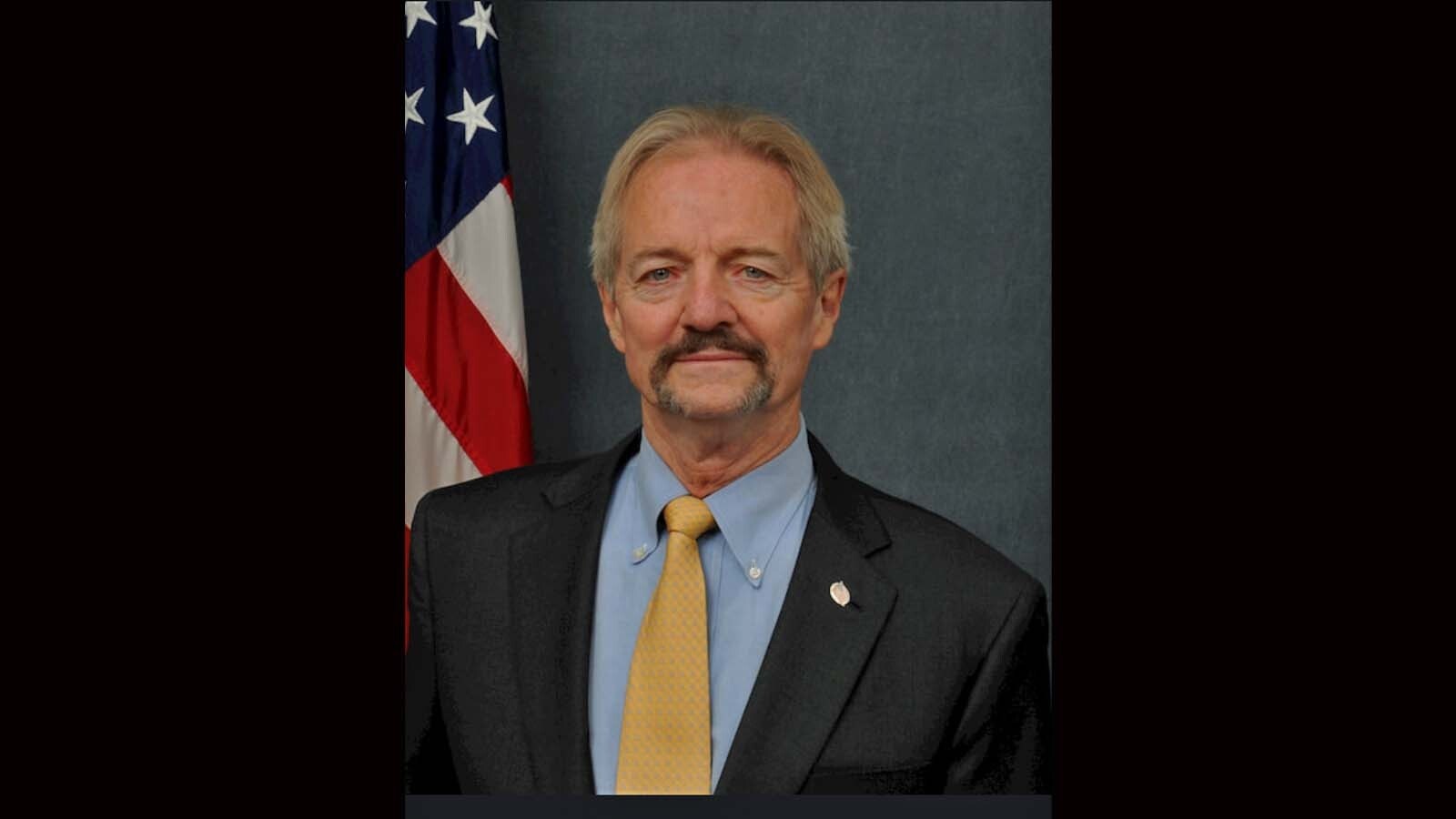By William Perry Pendley*, columnist
It seems strange that, having emerged from a record-setting snowstorm and then a record-setting warm spell and now entering February-like temperatures in what passes for springtime in the Rocky Mountains, we are talking about wildfire.
We must, however; after all, wildfire has become a near year-round feature of the West. For example, a fire accidentally set by teenagers threatened homes in Gillette two weeks ago and at the same time three wildfires broke out in South Dakota’s Black Hills.
Some of the West’s biggest wildfires are caused by lightning, like last year’s Pine Gulch fire north of the Bureau of Land Management’s (BLM’s) Robert F. Burford Headquarters in Grand Junction, which for a time was the largest in the Centennial State’s history.
Regrettably, a full 80 percent of wildfires are human caused, including 2020’s Cameron Peak, at 208,663 acres, the largest ever in Colorado, and the subsequent Mullen fire that began in Wyoming and swept into Colorado consuming 176,878 acres.
Elsewhere in the West, there were more human-caused blazes on BLM lands in Nevada’s Clark County in 2020 than in the last four years combined! Glenwood Canyon made national news last summer when Colorado shut down I-70 and all cross-country access through the state as a result of the human-caused Grizzly Creek fire. Yet another human-caused blaze—the Indian Creek—in eastern Oregon consumed 50,000 acres and cost $3.4 million!
It is not just that every human-caused fire is costly, dangerous, and inflicts damage that can last for years, it means fewer federal, state, tribal, and local firefighters are available to battle huge, naturally occurring fires. Worst of all, they simply need not happen. We westerners must both take care ourselves and urge visitors to do likewise. It is basic stuff, but obviously, some of us are not paying attention.
• Vehicles – Ensure your engine, catalytic converter, and brakes and oil systems are in good working order; failures in these systems may emit sparks or fluids that burn. Check your tires for undue wear; the metal rim of a blown tire might start a fire. Ensure metal chains are secure; they will spark if dragged on the highway. Finally, only pull off the side of the road onto a paved or hardpacked dirt surface, never onto dry weeds or grass.
• Equipment – Clear a wide area around any welding, cutting, or grinding equipment that could throw a spark and perhaps restrict these activities to cooler morning hours.
• Campfires – The U.S. Forest Service spent decades telling us how to enjoy campfires safely; follow its “Smokey the Bear” advice and, most importantly, ensure your fire is OUT.
• Outdoor burning – Obey restrictions—likely to be put in place this summer; get a local permit, if needed, and follow common sense precautions, such as having a water supply and shovel available.
• Fireworks – Recognize that fireworks, which are illegal to use on all public lands, cause hundreds of wildfires every year. Use them safely elsewhere.
• Shooting – The BLM in the Trump administration supported the exercise of Second Amendment rights on land it manages, but we advised: Place targets on dirt or gravel; shoot in areas free of dry vegetation; avoid shooting on hot, windy days; and never use steel core and solid copper ammunition or exploding targets.
I was proud to lead the men and women of the BLM’s firefighting force. Last year, they courageously fought, not just one of the most challenging wildfire years in the West’s history, but also the COVID-19 pandemic. Fortunately, as a result of new protocols, they were able to do both without the loss of life to the virus.
Sadly, we lost some firefighters while saving lives, property, and valuable natural resources. After all, fighting wildfires is dangerous work. Little wonder, across the West, on churches, in front yards, and along highways and roads, signs read: “Thank you firefighters,” “God bless our firefighters, and “Pray for our firefighters.”
Given all that these brave men and women do for us, it is a small thing that we do something for them. Ensuring our careless, heedless, or inattentive actions will not send them into harm’s way.
Mr. Pendley, a Wyoming native, was deputy director for policy and programs of the Bureau of Land Management in the Trump administration. Follow him @Sagebrush_Rebel
Author, Sagebrush Rebel: Reagan’s Battle With Environmental Extremists and Why It Matters Today (Regnery, 2013)
“Sagebrush Rebel is one of the most important, insightful, and inspirational books about Ronald Reagan’s domestic policies since An American Life by President Reagan himself.” — Edwin Meese, III, Reagan Attorney General





